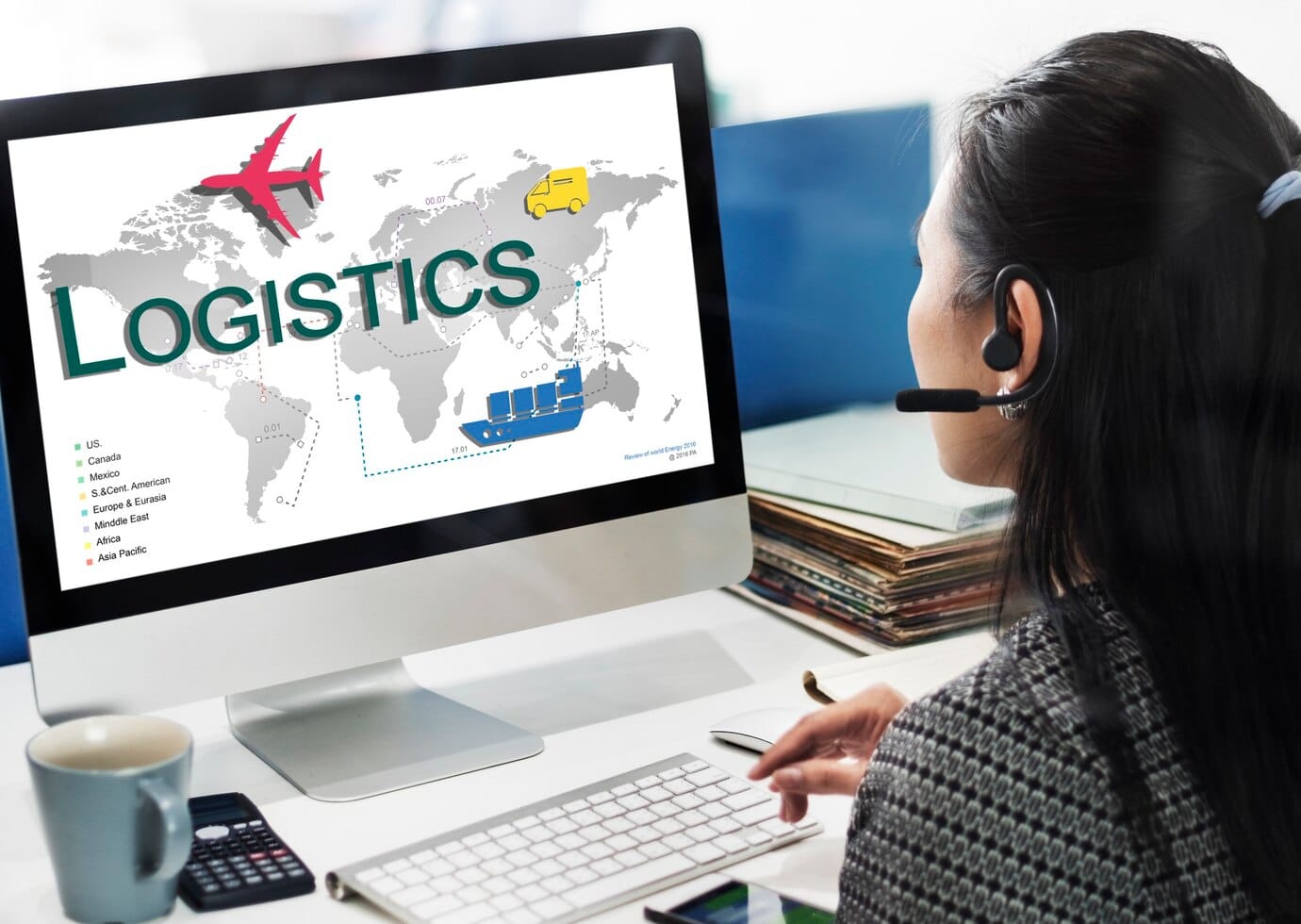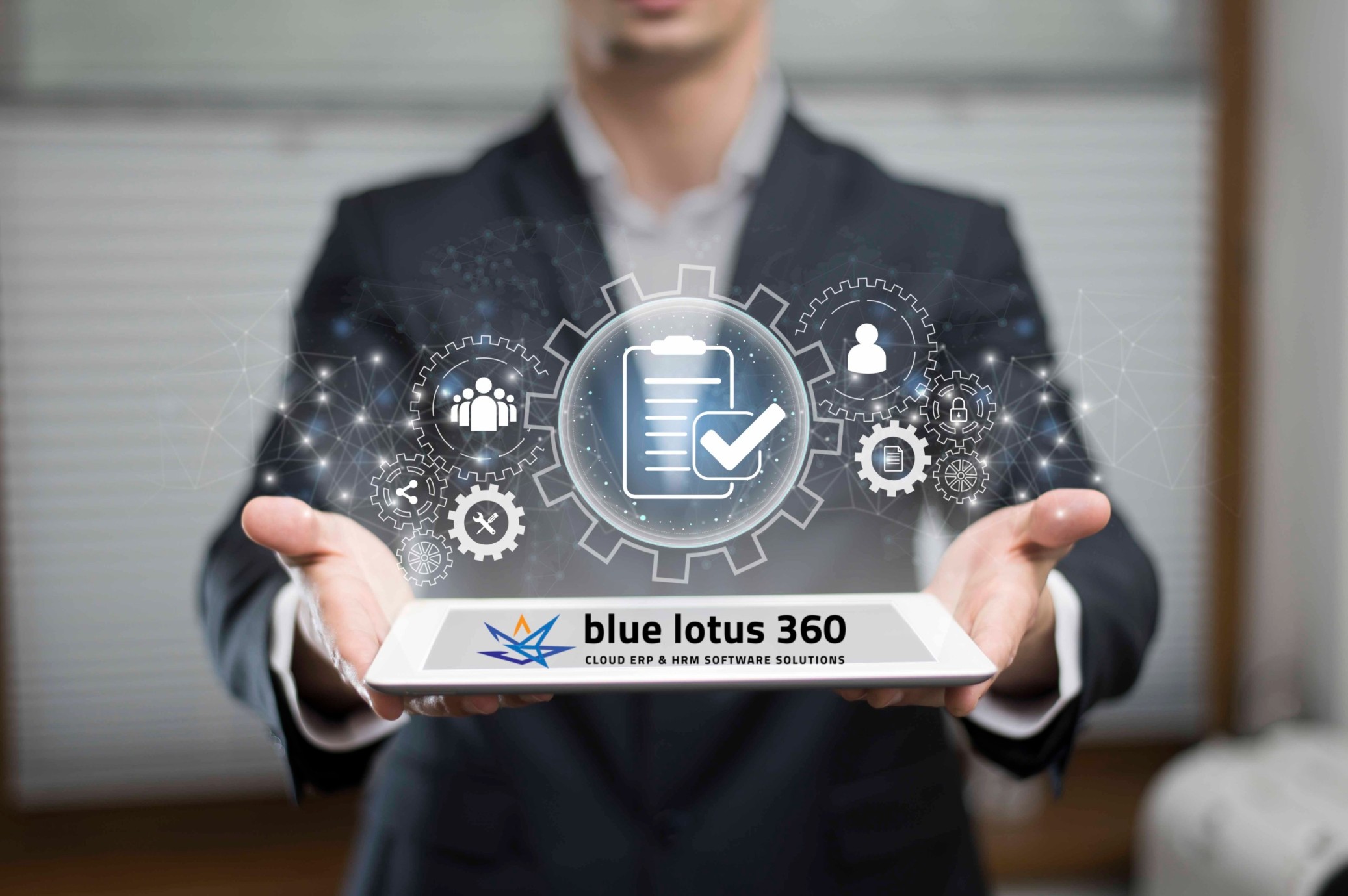Do you know the logistics industry is one of the crucial contributors to global economies? Since centuries, nations have been involved in logistics, and there is no stopping at all. But how do companies manage such a challenging business?
Well, in today’s world, technology takes businesses to higher levels. ERP makes logistics a manageable job. If you own a logistics business, here are 7 benefits of erp in logistics that you must know. Enterprise resource planning is a trusted solution for many logistic companies to overcome work burdens and confusion.
Enhanced Inventory Control
What is a successful business without inventory control? We all know that logistics is a business of details and confirmations. ERP in logistics plays a very necessary role. The best thing about ERP is its real-time visibility.
It helps organizations maintain stock levels, prevent under or overstock days, and also reduce carrying costs. When you have on-point information about stocks, you get to make informed decisions.
Such decisions reduce errors, save money, and provide products as per their availability. With the correct stock levels, you can fulfill order requirements and achieve customer satisfaction. With the help of ERP, you can also reduce manual work and allow automation to make processes easier.
Suggested Read: 7 Benefits of ERP Software For Bakery
Streamlined Transportation and Shipping
Logistics is incomplete without transportation and shipping. Disturbance in the supply chain occurs when transportation and shipping are not well-connected. ERP makes sure that both of these processes are streamlined.
Streamlining these two steps paves the way for proper route optimization, real-time shipment tracking, and load planning. When ERP is utilized to its fullest, there is a lot more you can expect.
It reduces transit times, enhances the delivery experience for the customer, and also minimizes costs to a certain extent. You get to allot a proper due date to the customers and earn their trust in your business.
Alongside, automation and streamlining are proven to push more profits in a business, like logistics.
Bolstered Distribution Management
A lot keeps happening before the product reaches the customer. Distribution includes a variety of activities like order processing, order packing, and order shipping. How do you think you can manage all of these steps without any hassle?
Of course, by relying on ERP. Consolidation of all these processes is the foremost goal of enterprise resource planning in logistics. Having a central platform creates synchronization of the processes involved in distribution.
Another aspect that ERP covers in logistics is order accuracy. It ensures you receive customer orders on time and that everything happens as per the given timeline. It improves time efficiency and co-ordinates smoothly between warehouses and distribution centres.
With a strong network in the organization, you can tackle business issues effortlessly and stand out from the competition.
Optimized Costs and Increased Efficiency
To gain more profits, cost optimization is a must. Through ERP, cost optimization becomes easy. You ask how? Reduction in human-errors, process automation, and on-time delivery ensure cost optimization. All of this is possible with ERP.
When processes are automated, it reduces time for work and increases overall efficiency. Integration of multiple steps like financing, inventory management, and data organizing can make cost optimization easy.
Creating invoices and order processing with automation increases work efficiency and reduces errors. It has been observed that over-work actually creates a lot of burden on employees. Often, due to stress, orders are delivered to the wrong addresses. Logistics faces this issue recurringly. To avoid such a situation, it is better to rely on ERP.
From order confirmation to order processing, everything is effortless with enterprise resource planning.
Enhanced Collaboration and Visibility
Logistics is a business of collaboration. Various stakeholders come together to deliver orders. But when there is no co-ordination, logistics business may suffer. To keep the supply chain disrupted, businesses opt for enterprise resource planning.
Improvised communication with all the stakeholders and alignment of all processes make running a logistics business simpler. Shared visibility makes sure that everyone involved can actually see each step.
They can take note of what has been done and what is left. It also prepares them for the tasks on their end. Thus, there are fewer chances of delays and miscommunications. Such a responsive supply chain creates better results and drives more customers.
Scalability and Adaptability
Any business that thrives in the market is because of adaptability. Change is the only constant, and one needs to adapt to these changes. The same follows for logistics as well. The ever-changing shipment trends demand a lot of preparation and adjustments.
You stay at ease when you get to prepare for such adaptations automatically with ERP. With adaptation comes scalability. You need to expand certain strategies as and when needed. ERP allows you to rapidly grow your base and make changes when required.
Such flexibility maintains workflow, does not hurt your pockets, and keeps you updated as per trends. Thus, scalability and adaptability in ERP have a need for an evolving business.
Improved Risk Management and Customer Satisfaction
There is no business without risks. Even logistics businesses suffer losses at some point. The important factor is to use risk mitigation practices and always focus on customer satisfaction. The best way to mitigate risks is to first assess them.
ERP allows you to assess the risks right away and identify potential challenges. To overcome losses, you get to develop strategies and stay connected to work efficiently. When you have the ability to adapt to situations, risk management and customer satisfaction come along. But you need to stay aware and use the best practices against threats.
Conclusion
ERP in the logistics industry is an essential tool to manage business smoothly and also overcome challenges, if any. From order management to risk assessment, enterprise resource planning does it all.
To empower logistics and run your business in this competitive market, rely on an ERP. Allow automation to rule your industry with minimum costs and efforts yet maximum benefits. One centralized platform can actually bring about a drastic change in your business. All you need to do is invest in ERP software and thrive in your business.
So now you know the benefits of erp in logistics to implement erp in logistics contact Blue Lotus 360 who offers erp software in UK.













